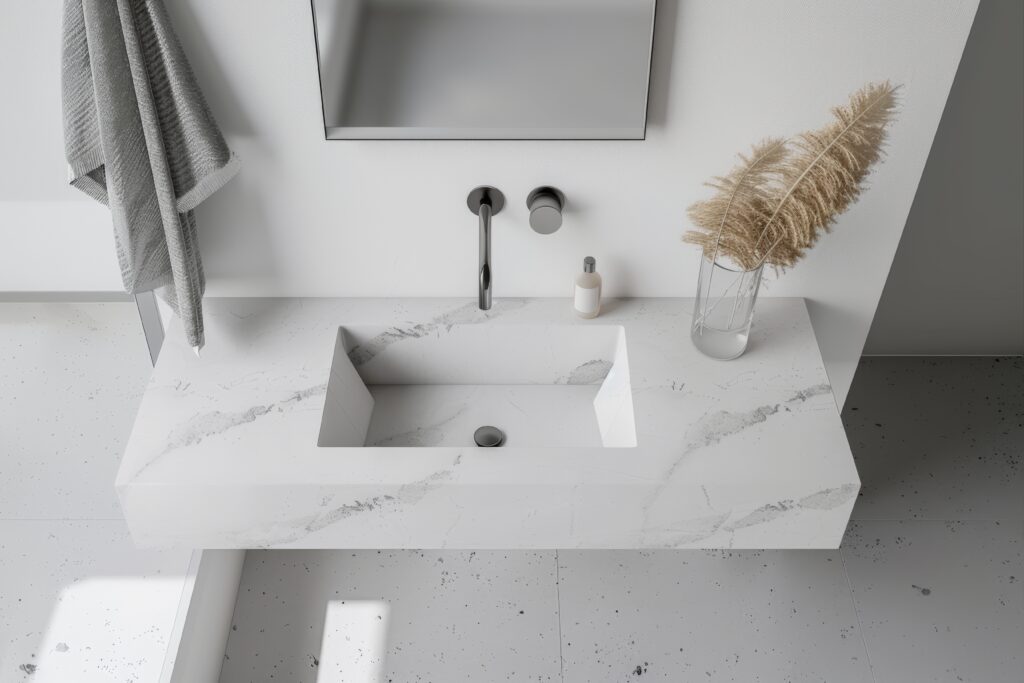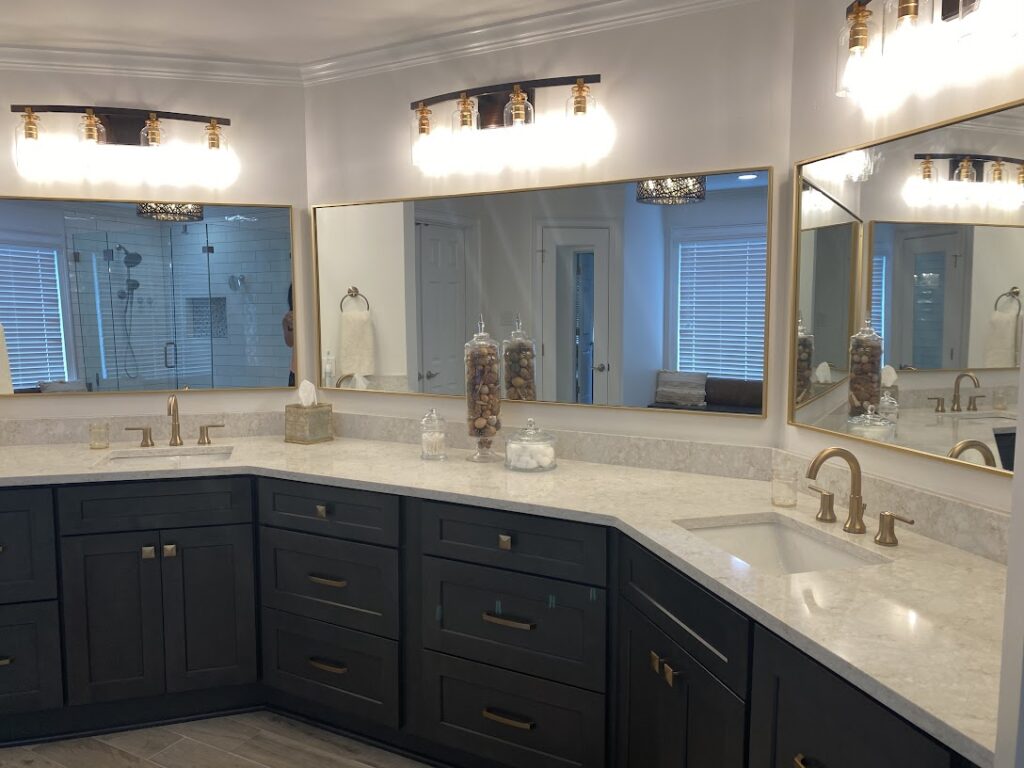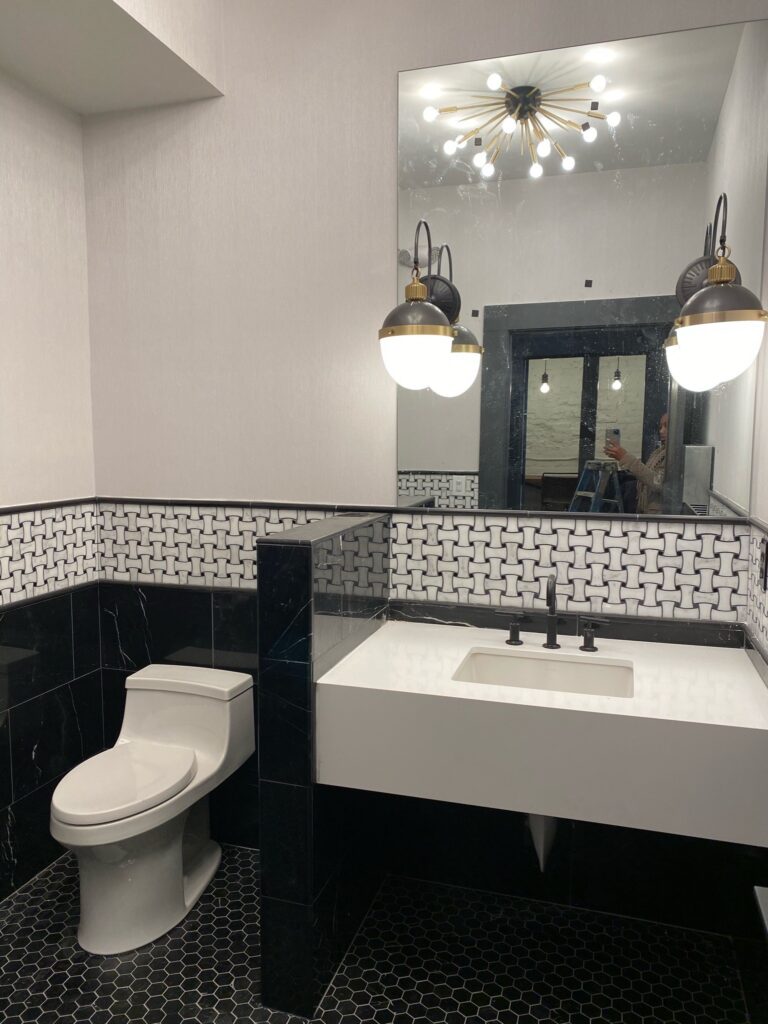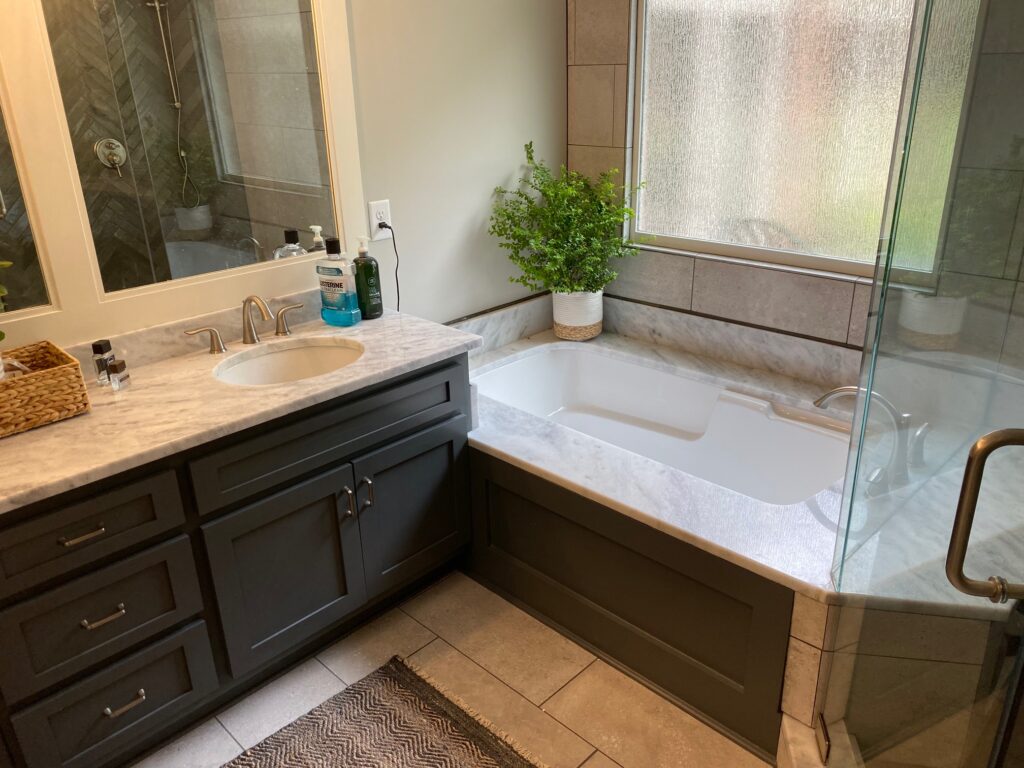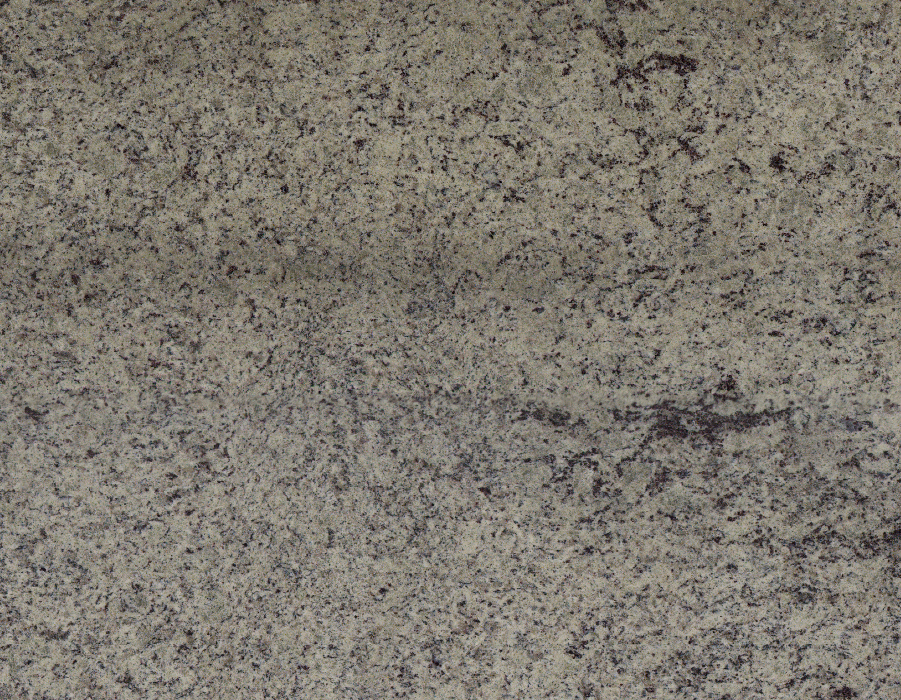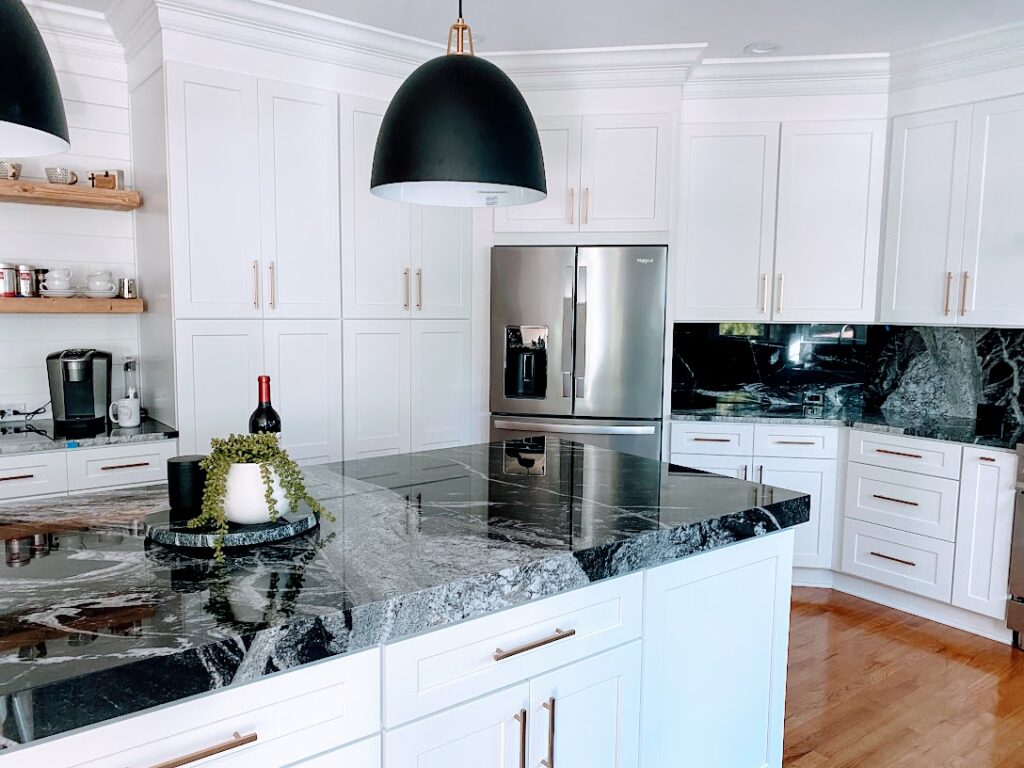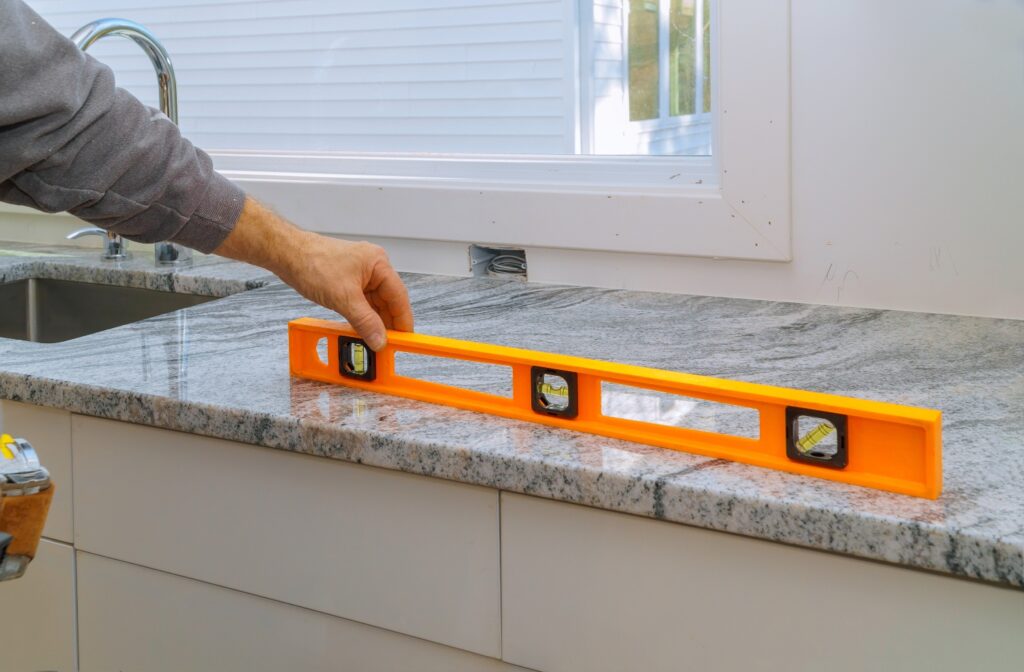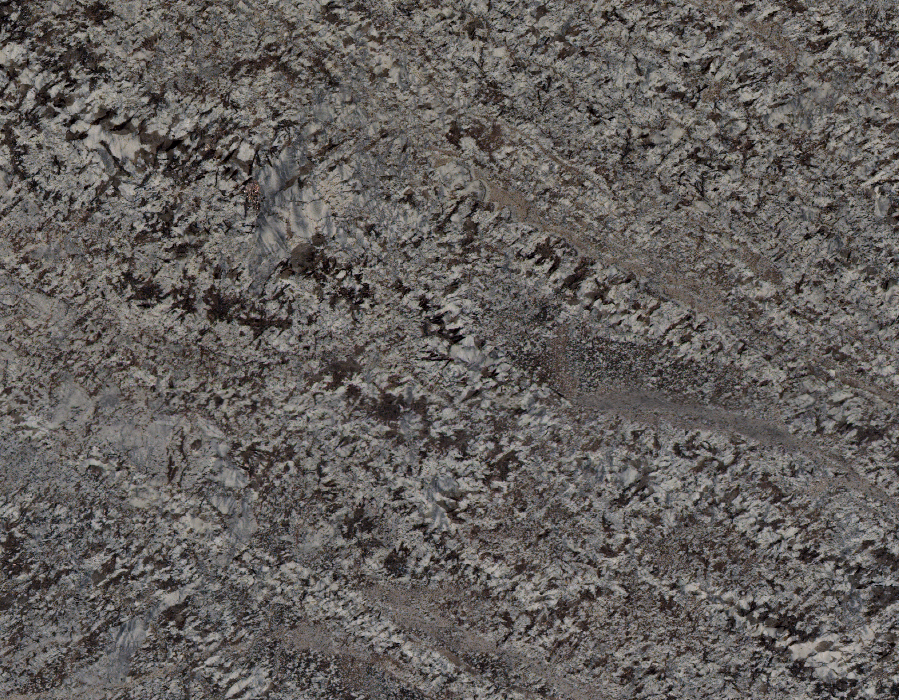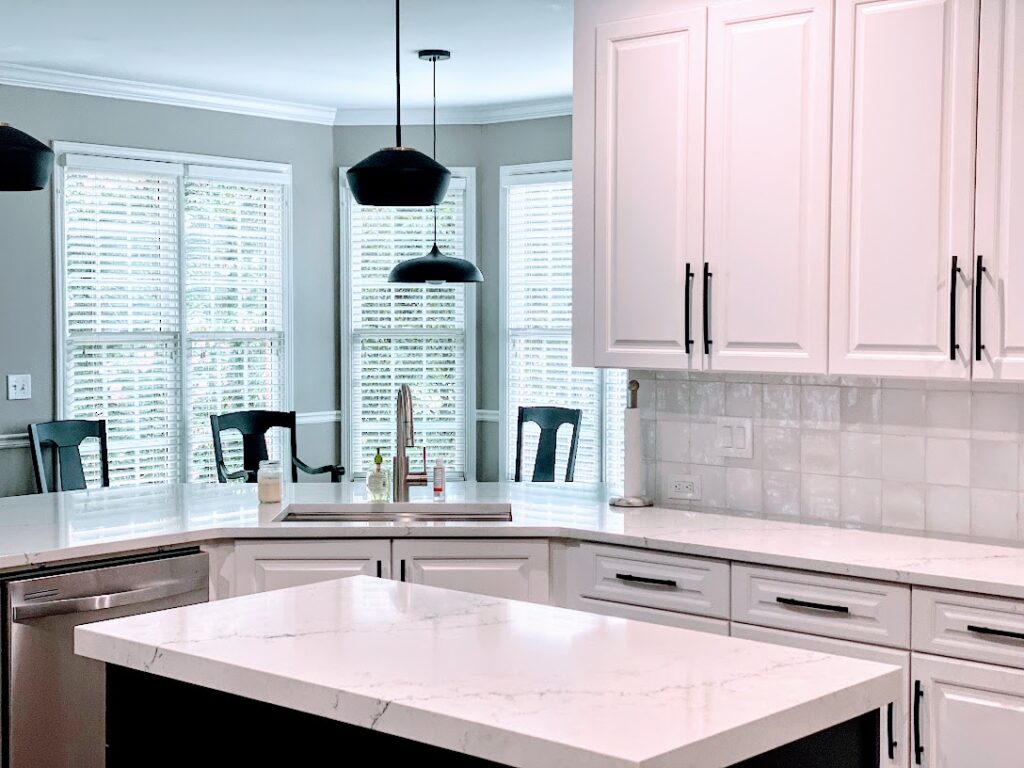Keep Your Quartz Countertops Clean and Sealed

Engineered stone surfaces, commonly referred to as quartz countertops, have gained immense popularity in contemporary kitchens and bathrooms. Renowned for their durability and aesthetic appeal, these surfaces often lead homeowners to wonder about their maintenance needs, particularly regarding sealing. This article delves into the essential aspects of quartz surfaces, including their care, benefits, and protective measures.
Do Quartz Surfaces Require Sealing?
In most cases, sealing is not necessary for quartz surfaces due to their non-absorbent nature. This characteristic prevents liquids from penetrating the material, significantly reducing the risk of stains and bacterial growth. However, certain finishes, such as honed or suede textures, may benefit from a protective sealant. It is advisable to consult with a professional before applying any sealant, as using an inappropriate product can lead to undesirable results.
Challenges Associated with Sealants
While some homeowners may consider applying a sealant, this practice can lead to complications. Issues such as improper adhesion or a cloudy appearance may arise. Additionally, aggressive cleaning agents can degrade the top layer of quartz, which naturally protects the surface.
Common Myths About Sealing Quartz Countertops
Even though sealing quartz countertops is unnecessary, some myths persist regarding quartz maintenance. Let’s debunk a few of the most common ones:
Myth 1: All Stone Surfaces Must Be Sealed
Many people assume that because quartz contains natural stone, it must be sealed like granite or marble. However, quartz is engineered to be non-porous, unlike natural stone, and therefore does not require sealing.
Myth 2: Sealing Quartz Adds Extra Protection
Some homeowners believe that applying a sealant to quartz will provide added protection. In reality, sealing quartz can be unnecessary and even counterproductive. Sealants won’t penetrate the non-porous surface of quartz, and applying them may leave a sticky residue or streaks that are difficult to remove.
Myth 3: Sealing Is Needed to Prevent Stains
While sealing is essential for natural stones to prevent staining, quartz’s engineered surface is already stain-resistant. Most everyday spills, if wiped up promptly, won’t leave stains. For tougher spots, mild cleaners and non-abrasive cloths are all you need to clean the surface effectively.
Proper Care and Maintenance for Quartz Countertops
Although quartz countertops don’t require sealing, it’s still essential to maintain them properly to preserve their appearance and functionality. Here are some tips to keep your quartz countertops looking their best:
1. Regular Cleaning
Quartz countertops are low-maintenance and easy to clean. For daily cleaning, follow these simple steps:
- Use Mild Soap and Water: A soft cloth or sponge with warm water and mild dish soap is perfect for wiping down quartz countertops after meals or spills. Avoid harsh chemicals or abrasive scrubbing pads, as they can damage the surface over time.
- Non-Abrasive Cleaners: If needed, you can use non-abrasive, pH-balanced cleaners specifically designed for quartz surfaces. Avoid products that contain bleach, ammonia, or vinegar, as they can damage the resin in the quartz.
2. Preventing Heat Damage
While quartz countertops are heat-resistant to some extent, they are not immune to damage from high temperatures. The resin used in quartz countertops can become discolored or damaged by direct contact with hot cookware. To protect your quartz countertops:
- Use Trivets or Heat Pads: Always place hot pots, pans, and appliances like crockpots or toasters on trivets, heat pads, or cutting boards to avoid direct contact with the surface.
- Avoid Extreme Heat Exposure: While quartz can withstand moderate heat, extreme temperatures can cause damage. Never place items directly from the stove or oven onto the countertop.
3. Preventing Scratches and Chips
Quartz is highly durable and scratch-resistant, but no countertop is entirely scratch-proof. To avoid damaging your quartz countertops:
- Use Cutting Boards: Always use a cutting board when chopping or slicing food. While quartz is tough, knives can leave marks on the surface or dull your blades.
- Avoid Heavy Impacts: Quartz is engineered to be impact-resistant, but dropping heavy objects like cast iron pans on the surface can chip or crack the edges. Handle heavy kitchen items with care.
4. Stain Removal Tips
Quartz countertops are stain-resistant, but occasional spills, especially from acidic or dark-colored liquids like red wine or coffee, can cause surface discoloration if not cleaned promptly. Here’s how to handle stubborn stains:
- Wipe Spills Immediately: For most spills, a quick wipe with a damp cloth will do the trick. Quartz doesn’t absorb liquids, so acting fast will prevent staining.
- Use a Mild Cleaner: For tougher stains like dried-on food or grease, use a mild, non-abrasive cleaner and a soft cloth or sponge. Avoid scouring pads or harsh chemicals.
- For Stubborn Spots: If needed, a mixture of baking soda and water can be used to gently scrub away tougher stains. Apply the paste, let it sit for a few minutes, then wipe clean with a damp cloth.
What If You Accidentally Sealed Quartz Countertops?
If you’ve mistakenly sealed your quartz countertops, don’t worry—it’s not the end of the world. However, it’s important to remove the sealant to restore the quartz to its natural, low-maintenance state. Here’s what you can do:
- Use a Gentle Cleaner: Try using a soft cloth and warm water to gently remove any residue left by the sealant. If necessary, use a mild cleaner that’s safe for quartz surfaces.
- Avoid Abrasive Methods: Do not use abrasive scrubbers or chemical sealant removers that are not designed for quartz countertops, as they could damage the resin or leave scratches.
Conclusion: No Need to Seal Quartz Countertops
In conclusion, quartz countertops are designed to be non-porous and inherently resistant to stains, bacteria, and moisture, eliminating the need for sealing. This makes them an excellent choice for homeowners who want a high-end, durable, and low-maintenance surface for their kitchens and bathrooms. By following a simple cleaning routine and taking care to prevent heat damage and scratches, you can keep your quartz countertops looking beautiful for years to come—without the hassle of sealing.

Val Carvalho is a manager at Atlanta Stone Creations, with nearly two decades of experience in the stone and design industry. In addition to her leadership role, Val plays a key part in sales and design, bringing creativity, precision, and a strong sense of style to every project. Known for her warm and collaborative approach, she builds strong relationships with both her team and her clients. Val is passionate about delivering beautiful, high-quality results and creating an exceptional experience from start to finish.

